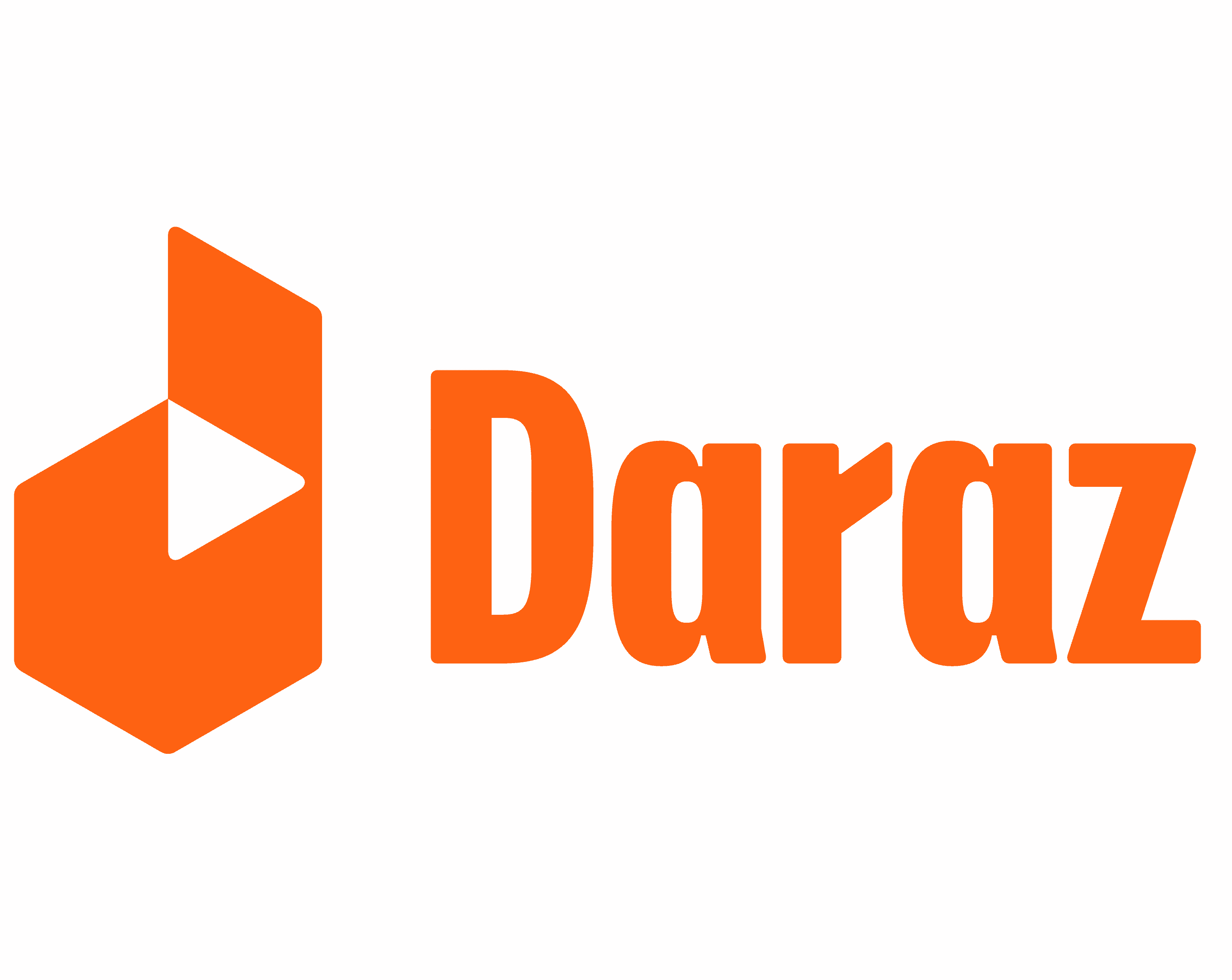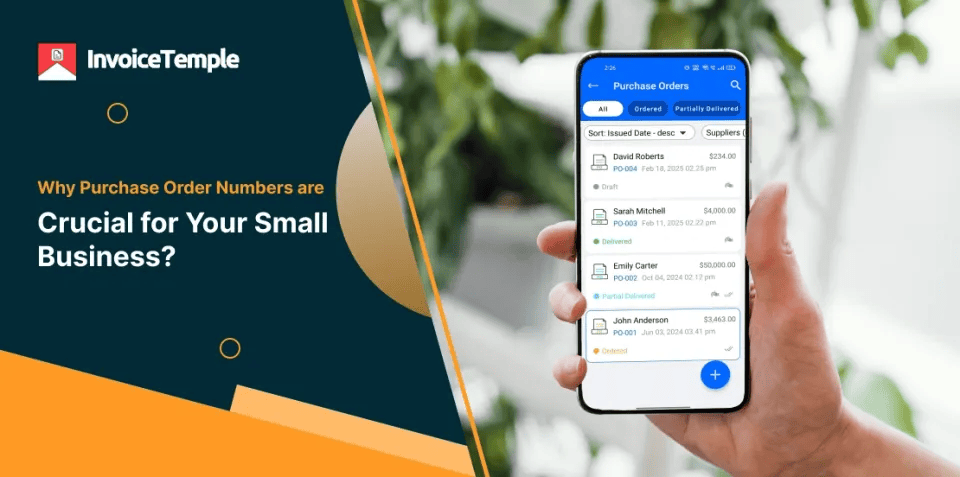Digital Privacy: Understanding and Managing Your Online Footprint
The contemporary society is fully digitalized and when it is the case the societal interactions turn virtual. There is hardly any individual who does not interact with social media and other websites, so such engagements add to the digital image of an individual. That image carries information about ones' preferences, personality, likes and does even have very private notes that no one wishes to share in public. There has always been talk about the importance of maintaining privacy but with every WIP there is a good chance the threats to ones' privacy have increased and so its understanding and preservation online becomes much more crucial.
What is an Online Footprint?
Online footprint, also known as a digital footprint, is the amount of information about a person that is left when using the web, or web-related applications. This footprint consists of the information that has been classified into different categories based on the effectiveness of its generation which may either be active or passive.
Active Footprint: These are data voluntarily input into the web by the user, for example, comments, posts on Facebook, emails sent, etc.
Passive Footprint: These are data collected even when the user does not make any contributions, such as cookies installed, IP addresses and recently visited pages.
These footprints documents the actions ones metrics a completes online pretty much everything about them even without the individual registering their presence on the internet.
Why Digital Privacy Matters
- Digital privacy refers to the management of identity online, what users choose to share with other people connected to the internet and the internet in general. It matters because, according to Jones (2020);
- Data Exploitation: a significant amount of data collected about you will be shared for marketing and other purposes by companies and third parties, even if you had never agreed to that.
- Identity Fraud: being an exposed identity online can mean losing money and going through emotional turbulence.
- Cybercrime Opportunity: hackers may turn any piece of personal data available online into an asset for their cybercrimes.
- Brand Protection: any pieces of information about yourself you decide to put out there can play a great role in influencing both public and professional life.
How To Reduce The Amount Of Information About You Available Online
In today’s world, almost everyone has a profile or page across different social networks. It, therefore, seems almost impossible to completely delete yourself from the web. However, steps can be taken to ensure a successful management of the different forms of digital files left behind.
1. Check Your Privacy Controls
They say to understand where you are headed, the best clue is to look back to where you are coming from. The same applies to many users who opt to ignore or overlook the privacy settings of their social media platforms, applications and online services – by doing that, other people can access too much personal ‘sensitive’ data. People should be advised to limit exposure to personal data to others, as well as denying some apps access to their personal data.
2. Make Your Passwords Complex and Distinct
A solid password is probably the basic step of safeguarding a user account from hackers and against a cyber-attack. One should combine letters with numbers and punctuation, and try to avoid proliferation of the password to different accounts as much as practicable. A password manager can be a reliable tool to aim at achieving such a goal.
3. Watch What You Post Online
Never share personal information online unreasonably. Do not include your home address or phone number or anything of that sort that can be used against you.
4. Cookie Delete and Private Browsing
Cookies are used to monitor and track what someone is doing online, and therefore it is wise to delete them periodically. Also, only work through browsers that support private browsing modes with features such as incognito to reduce determination and tracing.
5. Search Yourself
Type your name in Google and other search engines and look for information pertaining to you. If the information is inaccurate or outdated, then you may want to contact the administrator of the site and ask him or her to take it down.
6. Refuse data Sharing
Some websites, among those that you may visit often, provide an option to disable data collection from them. Keys such as 'Do Not Track' should be available or employ vanishing devices to minimize sharing of information.
7. Use Wi-Fi Connections With Caution
As we know, public Wi-Fi connections are usually unsecured, meaning that any hacker can get access to your information with ease. Refrain from logging in to highly sensitive apps or sharing your details over public WiFi. If you must, then connect one’s VPN.
8. Be a Lifelong Learner
- Keep up-to-date on what’s new with regard to the best practices of digital privacy. It is essential to know the threats and the ways to curb them.
- Legislation and Its Relevance to Digital Privacy
- From Australia to the European Union, several countries have begun proposing laws to enhance digital privacy. Some of them include:
- GDPR (General Data Protection Regulation): Sets down rules for collecting and sharing of information in any country within the European Union.
- CCPA (California Consumer Privacy Act): Gives individuals the option to know what information businesses gather from them and how the information is utilized.
Such laws help the people to take control over their information, and the way companies use their information is well governed.
Conclusion: Managing the Information You Share Voluntarily
As a result of diverse factors, where data has considerable relevance on the market, ensuring one’s online presence is also helpful in shielding oneself from unwanted occurrence of circumstances is highly advisable. By being more cautious and preventing the proliferation of information, checking the security configurations, and understanding the situation, one can be able to weaken the threat of the data that a person is exposed to. One should keep in mind that anything that is posted online tends to be impossible to completely erase. Hence, it is worth to be considerate before posting something and be careful with reference to the information online.
You are able to take full advantage of the digital world without compromising your security by being aware of and managing your online footprint.
Explore: Digital Transformation: How Businesses Are Adapting to the Digital Age?



















